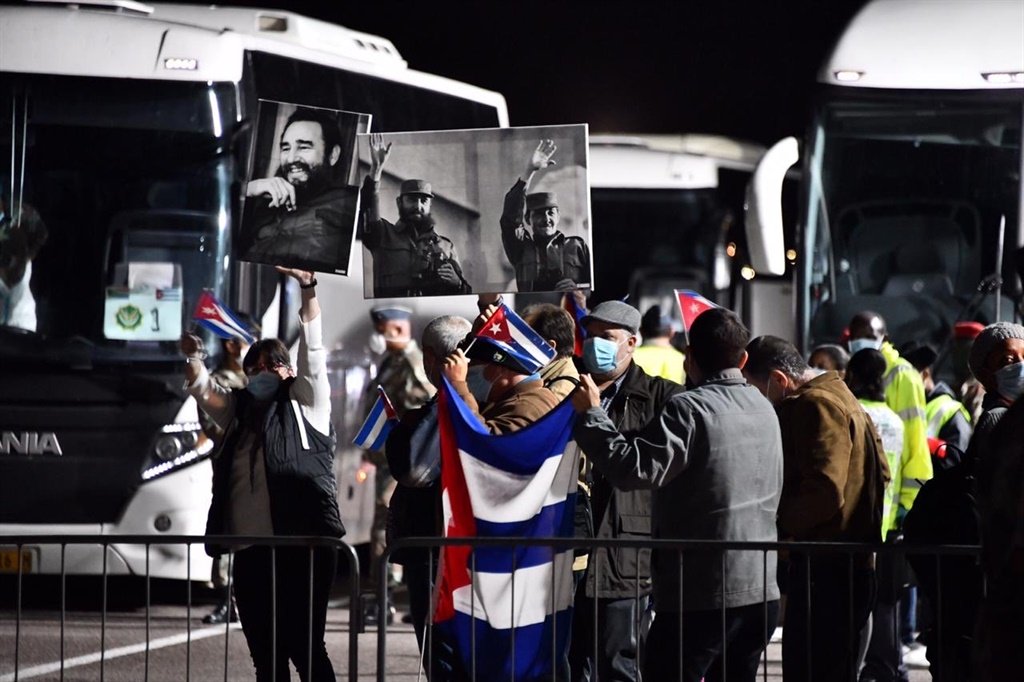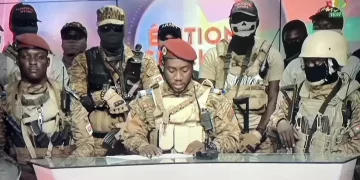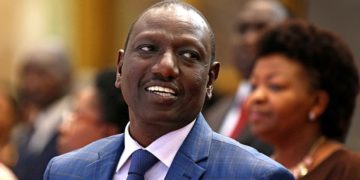[ad_1]

According to a draft report sent to the Treasury, South Africa has forked out more than R430 million to pay for the Cuban Medical Brigade’s assistance in the fight against Covid-19.
A team of more than 200 Cuban health professionals arrived at the Waterkloof Air Force Base on Sunday after the South African government requested their assistance, News24 reported.
The document, verified by News24, is a request to the Treasury to release funds to pay for the Cuban assistance and the team’s stay in South Africa.
It lays out planning for the arrival of 187 Cuban health professionals which, at that point, would have cost South Africa R439 916 337.
However, in the end, 217 Cuban professionals arrived which would have cost more.
Quarantine period
Included in the budget are chartered flights, airport taxes, salaries, registration with the Health Professions Council of South Africa (HPCSA), accommodation and transportation.
After a 14-day quarantine period, the brigade will be deployed and transported to various provinces, the document states.
National health department spokesperson Popo Maja said while he could not determine the origin of the document, “it is not fair that anyone should focus on the ‘price tag’ over the need to save lives”.
“The Cuban Medical Brigade has experience on Covid-19 and on infection control. Their expertise is recognised internationally,” Maja said.
He added more professionals were needed in South Africa after some had tested positive for Covid-19. This, he said, was not only because they did not have enough personal protective equipment (PPE) but also because they lacked experience in the diagnosis and management of Covid-19.
“Government cannot risk exposing our health professionals especially those who are newly qualified. Outbreaks, by their very nature require speedy response and extraordinary measures.
“There is limited time to train personnel in an outbreak; no qualification can match experience. The Cuban Medical Brigade is well qualified and experienced.”
Emotional toll
Maja added that the emotional toll on the Cuban professionals was also taken into consideration by the government.
“[T]hese doctors have families in their home country. The inconvenience of being separated from their families for that long period has been taken into consideration,” he said.
“The impression that government did not consider other cheaper options is inaccurate and unfortunate.
“Most citizens of our country appreciate the contribution of Cuba in strengthening our public health system,” Maja said.
“We […] express our profound gratitude to the Cuban government and people.”
But some medical trade unions have expressed concern over the pricing of the deployment, and how government went about doing it.
Spokesperson for the Health and Other Services Personnel Trade Union of South Africa (Hospersa), Kevin Halama, said while they welcomed the Cuban medical brigade’s assistance in South Africa, they felt they should have been consulted first.
“We welcome any help from outside the country and from partners of government to assist with this pandemic, but obviously there needs to be due consultation that is done with all the health bodies,” Halama said.
He added that for unemployed health professionals in South Africa, this would be a “bitter pill to swallow”, especially because of the cost attached.
“It is quite a depressing situation where government goes ahead and takes decisions like this, especially in a country like ours where we know that there are quite a lot of unemployed health professionals sitting at home,” Halama said.
Deployment welcomed
However, the National Education, Health and Allied Workers’ Union (Nehawu) welcomed the deployment.
“The assistance of Cubans who are armed with extensive knowledge and experience on health-related interventions is going to be a shot in the arm for our efforts to stem the tide against new infections.
“With the new infections growing at an alarming rate, the Cuban brigade could not have come at a better time,” the union’s spokesperson, Khaya Xaba, said in a statement on Saturday.
“The Cubans are currently training our future doctors through the Mandela-Castro Initiative and we are looking forward to their return to the country to plough back what they have learnt during their training in Cuba,” Xaba said.

















